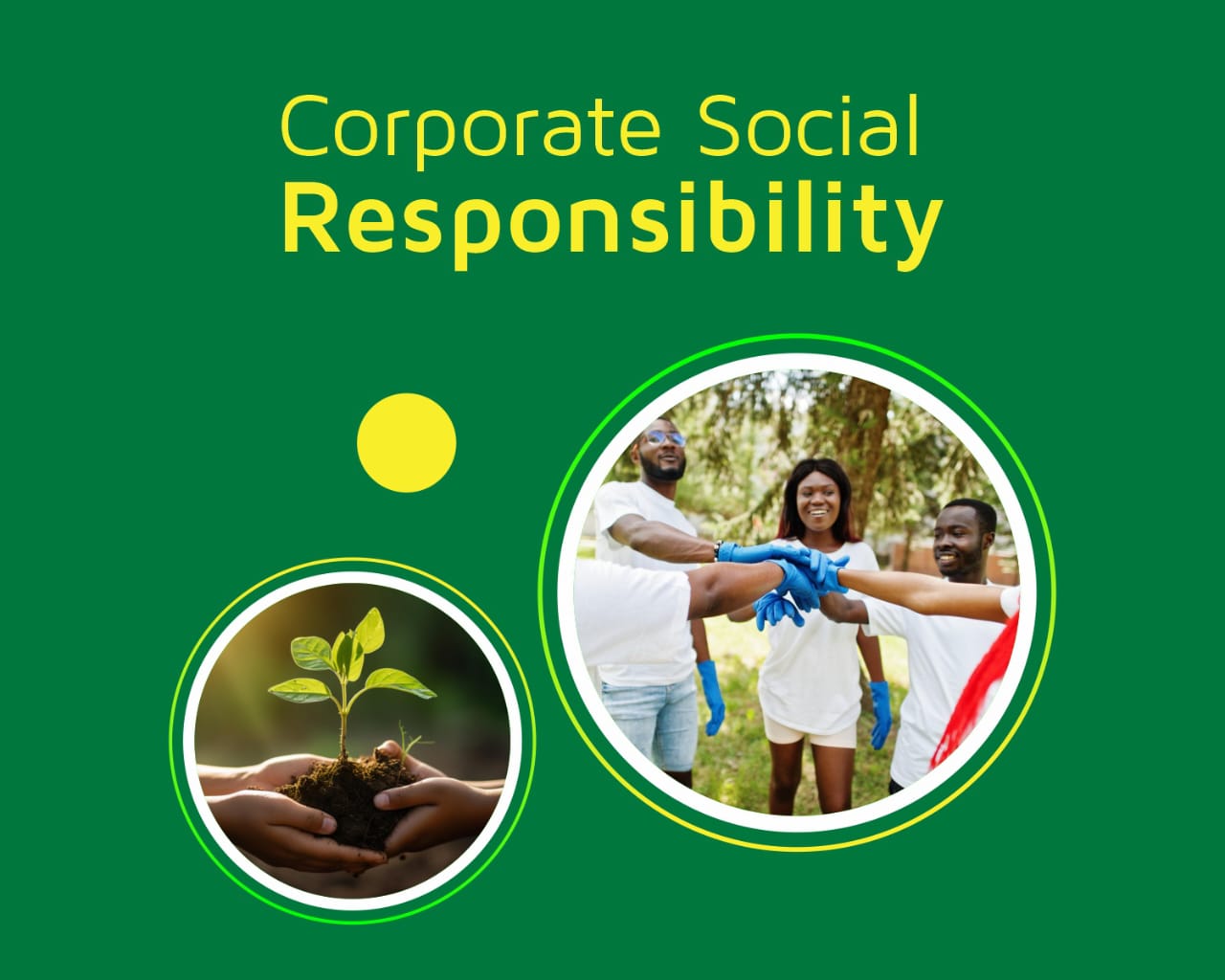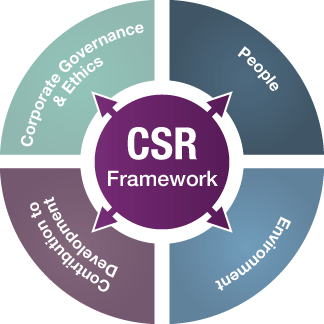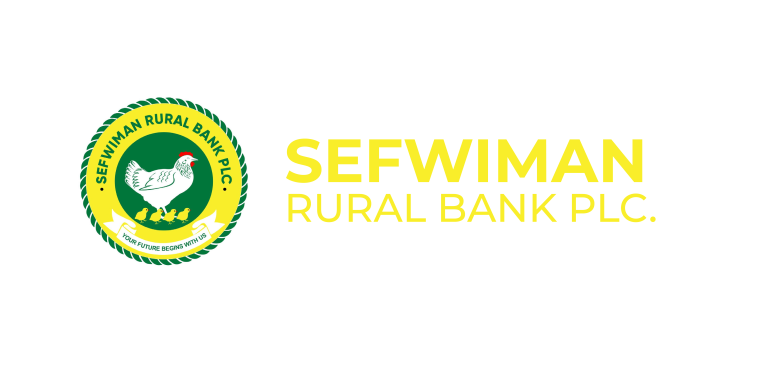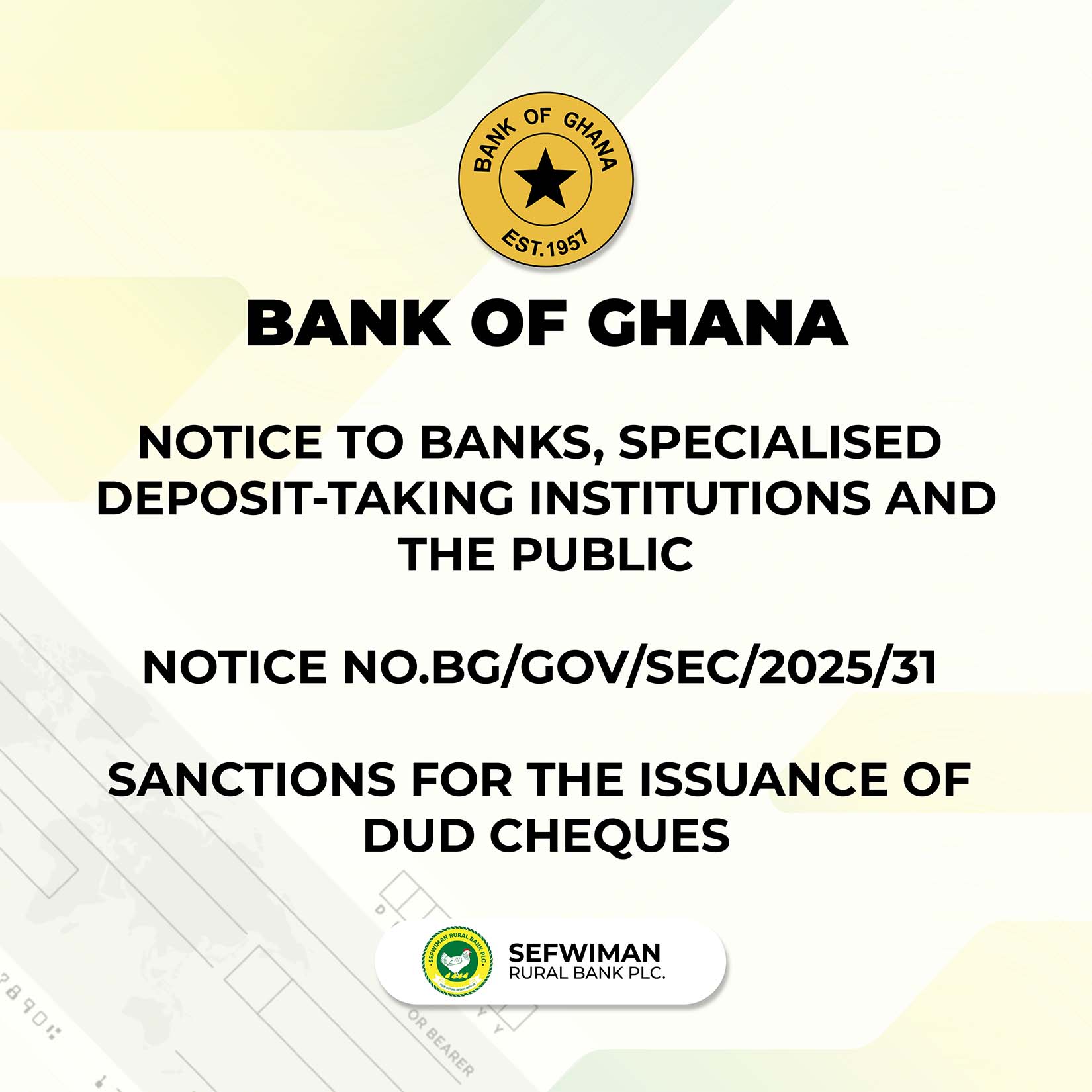

Introduction
Corporate Social Responsibility (CSR) has been a long-standing commitment at Sefwiman Rural Bank and forms an integral part of our activities. The Bank’s contribution to social sector development includes several pioneering interventions, and is implemented through the involvement of stakeholders within the Bank and the broader community. The Bank was established on 1st October, 2003 with a view to significantly expand the activities in the area of CSR.
One of the major objectives of the Bank is to pro-actively support meaningful socio-economic development in its catchment areas and the nation as a whole which would enable a larger number of people to participate in and benefit from Ghana’s economic progress. This is based on the belief that growth and development are effective only when they result in wider access to opportunities and benefit a broader section of society. The aim is to identify critical areas of development that require investments and intervention, and which can help to realize Ghana’s potential for growth and prosperity.
The Corporate Social Responsibility Policy (CSR Policy) of the Bank sets out the framework guiding the Bank’s CSR activities. The Policy also sets out the rules that need to be adhered to while taking up and implementing CSR activities.
Scope of Corporate Social Responsibility policy
The policy would pertain to all activities undertaken by the Bank towards fulfilling its corporate social responsibility objectives. The policy would also ensure compliance with all statutory and legal requirements and avoid all forms of conflict of interest.

The CSR framework/plan operates as follows:
The Board has approved 5% of the annual profit to be allocated to CSR and 80% of the amount has been allocated to Agriculture and Education.
To ensure CSR practice that impacts society in a more meaningful manner. Our goal is to impact on the wider society beyond our primary stakeholders, targeting the under privileged sectors of society while aligning those activities to our core business to ensure sustainability.
Our CSR programmes target especially the under privileged, be need and/or community driven, ensure sustainability and implemented through partnerships to ensure community participation and ownership. During the planned period our CSR policy will concentrate in 4 thematic areas as follows: Education & Skills Training, Agricultural, Health and Water & Sanitation.
Thematic Areas
Education and Skills Training
-
Scholarships to needy but brilliant students
-
Provision of infrastructural facilities
-
Provision of teaching and learning materials to schools
-
Teacher education and motivation
-
Skills training for the unskilled youth
Agricultural Sector
-
Support good farming practices and agricultural diversification to enhance income generation
-
Support farmer groups/ associations
-
Sponsor farmers day celebration
Health
-
Health screening for the bank staff and communities in which the bank operates
-
Donation of materials (consumables, beds, paints, etc.)
-
Preventive, Curative and Regeneration Health Schemes
Water and Sanitation
-
Improve access to potable water through provision of boreholes, water storage facilities
-
Donation of materials (consumables, beds, paints, etc.)
-
Preventive, Curative and Regeneration Health Schemes
CSR Policy Sustainability
-
Dedicate a percentage of profits (5%) to create a CSR fund for funding our CSR programme.
-
Form a CSR committee to evaluate and select CSR Requests (per established criteria) for funding and implementation of our CSR policy. All CSR projects should meet our core principles of need driven/ community benefit, community participation and ownership, and sustainability executed in a transparent manner.
-
Create collaboration and partnerships with relevant institutions in both private/NGO and public sectors to upscale our CSR objective
- All
- Gallery Item






